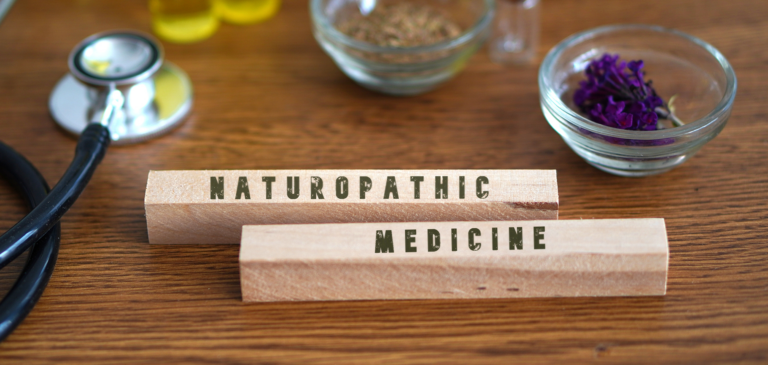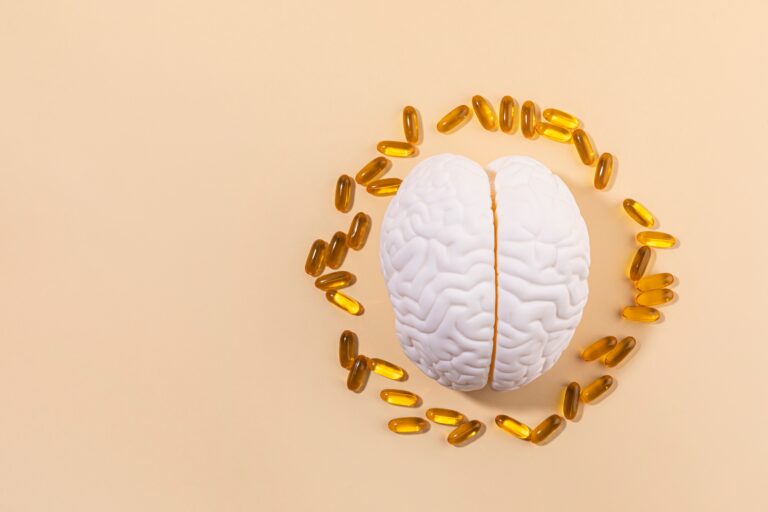Manganese | Food Sources, Functions, and Deficiency Symptoms
Summary
Manganese is a critical component of antioxidant enzymes and a cofactor for enzymes involved in diverse functions throughout the body. The daily requirement for manganese is relatively low compared to other nutrients, but it contributes to important processes in the body.
Over 98 percent of the human body is made up of a handful of elements: hydrogen, carbon, nitrogen, oxygen, phosphorus, sulfur, and calcium. But that remaining fraction – less than two percent – consists of several essential micronutrients, including manganese.1
Manganese Intake: How Much Do You Need?
The adequate intake (AI) for manganese is 2.3 mg for adult males and 1.8 mg for adult females.2 Unfortunately, manganese intake is not measured as part of the National Health and Nutrition Examination Survey (NHANES), a nationwide effort to track the health and nutritional status of children and adults in the U.S. over time. But limited data suggest most people consume enough of this essential mineral.3
Food Sources of Manganese
Dietary sources of manganese include hazelnuts, pecans, chickpeas, spinach, pineapple, oatmeal, and soybeans.2 The top sources for adults in the U.S. are grain products, tea, and vegetables.4 Drinking water also often contains trace amounts of this mineral, but for most people that is not a significant source.5
Issues with absorption
While this mineral is present in many common foods, absorption of dietary manganese is low; only about one to five percent of manganese consumed will be absorbed into the body.5,6 As such, it may be necessary to add a supplemental source to reach the recommended adequate intake. Individuals with low manganese status may absorb more to provide the body with the amount it needs to function.2 Additionally, foods that contain iron may interfere with absorption although it is not quite clear why.2 Men should pay special attention to their intake because they absorb it less efficiently, possibly due to higher iron status than women.6,7 Additionally, athletes may not consume enough due to increased requirements, and, as such, they should be aware of their intake.8
Requirements in Infants
Newborn babies have very low requirements for manganese; the AI is 0.003 mg from birth to six months.2 It is found in breast milk but at lower levels than in cow’s milk-based formulas as well as soy-based infant formulas.9 However, absorption from breast milk is more than twice as efficient compared to absorption from cow’s milk or soy-based formulas.10
Functions of Manganese in the Body
Manganese is a critical component of Mn-superoxide dismutase (Mn-SOD). Mn-SOD2 is a mitochondrial enzyme that works as an antioxidant to neutralize reactive oxygen species (ROS).1 It converts harmful ROS molecules into less harmful compounds, protecting the cell from damage.1 Mn-SOD enzymes also interact with other major pathways in the body, including some involved in cancer development.1
There are other forms of SOD enzymes, including one with copper and zinc at the center instead of manganese (Cu/Zn-SOD). Humans can function without Cu/Zn-SOD because manganese acts as a back-up antioxidant when copper and zinc are lacking, but humans cannot survive with Mn-SOD.11,12 It is critical to the health and function of mitochondria, which provide energy for the body.11,12 Manganese is also a co-factor for enzymes involved in cellular processes, immune response, blood clotting, reproduction, glucose processing, synthesis of neurotransmitters, and bone formation.5,6,13,14 Consuming adequate amounts of this mineral helps support antioxidant enzymes and cellular processes throughout the body.
Manganese Deficiency
Insufficient intake of manganese, although rare, can compromise the functions of the enzymes that rely on it. Clinical symptoms of deficiency include skin rashes, hair depigmentation, decreased cholesterol, and altered mood and increased premenstrual pain in women.2 Due to its role in glucose processing, manganese deficiency may also affect glucose and fat metabolism.14 In children, deficiency may manifest as bone demineralization and poor growth.2 Pre-clinical studies indicate that supplementation helps reduce oxidative stress and improve glucose tolerance although human studies have not yet verified this effect.14
- Jomova, K., Makova, M., Alomar, S.Y., Alwasel, S.H., Nepovimova, E., Kuca, K., Rhodes, C.J., Valko, M. (2022). Essential metals in health and disease. Chem Biol Interact, 367:110173.
- Manganese Fact Sheet for Health Professionals. National Institutes of Health Office of Dietary Supplements. Available at https://ods.od.nih.gov/factsheets/Manganese-HealthProfessional/.
- Filippini, T., Cilloni, S., Malavolti, M,, Violi, F., Malagoli, C., Tesauro, M., Bottecchi, I., Ferrari, A., Vescovi, L., Vinceti, M. (2018). Dietary intake of cadmium, chromium, copper, manganese, selenium and zinc in a Northern Italy community. J Trace Elem Med Biol, 50:508.
- Institute of Medicine. Food and Nutrition Board. Dietary Reference Intakes for Vitamin A, Vitamin K, Arsenic, Boron, Chromium, Copper, Iodine, Iron, Manganese, Molybdenum, Nickel, Silicon, Vanadium, and Zinc Washington, DC: National Academy Press; 2001.
- Aschner, J.L., Aschner, M. (2005). Nutritional aspects of manganese homeostasis. Mol Aspects Med, 26(4-5):353.
- Chen, P., Bornhorst, J., Aschner, M. (2018). Manganese metabolism in humans. Front Biosci, 23:1655.
- Finley, J.W., Johnson, P.E., Johnson, L.K. (1994). Sex affects manganese absorption and retention by humans from a diet adequate in manganese. Am J Clin Nutr, 60(6):949.
- Moss, K., Kreutzer, A., Graybeal, A.J., Zhang, Y., Braun-Trocchio, R., Porter, R.R., Shah, M. (2023). Nutrient Adequacy in Endurance Athletes. Int J Environ Res Public Health, 20:5469.
- Lonnerdal, B. (1994). Nutritional aspects of soy formula. Acta Paediatr Suppl, 402:105.
- Davidsson, L., Cederblad, A., Lonnerdal, B., Sandstrom, B. (1989). Manganese absorption from human milk, cow’s milk, and infant formulas in humans. Am J Dis Child, 143:823.
- Reddi, A.R., Jensen, L.T., Naranuntarat, A., Rosenfeld, L., Leung, E., Shah, R., Culotta, V.C. (2009). The Overlapping Roles of Manganese and Cu/Zn SOD in Oxidative Stress Protection. Free Radic Biol Med, 46(2):154.
- Miriyala, S., Spasojevic, I., Tovmasyan, A., Salvemini, D., Vujaskovic, Z., St. Clair, D., Batinic-Haberle, I. (2012). Manganese superoxide dismutase, MnSOD and its mimics. Biochim Biophys Acta, 1822(5):794.
- Palacios, C. (2006). The role of nutrients in bone health, from A to Z. Crit Rev Food Sci Nutr, 46:621.
- Li, L., Yang, X. (2018). The Essential Element Manganese, Oxidative Stress, and Metabolic Diseases: Links and Interactions. Oxid Med Cell Longev, 2018:7580707.







